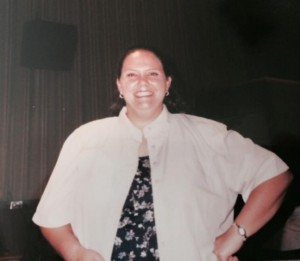 When did you first learn that you needed to eat more to reach your goals? What was your original response?
When did you first learn that you needed to eat more to reach your goals? What was your original response?
After hitting my weight loss goal with Weight Watchers in 2012, I was working out on average an hour per day, almost every single day, and feeling extremely hungry all the time. I felt like I was having to white-knuckle my eating in accordance with my exercise.
I couldn’t figure out why it was such a struggle to maintain my body weight. I started doing some research and found that, on average, I was eating around 1900 calories a day, maybe 2000 when you averaged it out over the week. I stumbled across “Eat More to Weigh Less” and some other blogs promoting the idea of eating according to your TDEE and activity level and I felt like a light bulb had gone off. I had been far under-eating for my activity level. I purchased a Body Media Band at the time and was astonished to realize that on certain days I was burning 2,600 to 2,700 calories a day, because of all my activities. I realized at that point that I was just not well-informed on how much calories my body required in order to maintain my weight. My dietary habits were based on a point system that wasn’t working for me anymore. Of course, my next response after this realization was thinking, “Yay! I get to eat more food.”
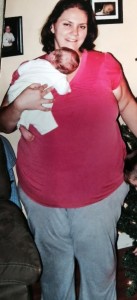 How did your body and scale in clothes, etc, react to the initial increase in calories?
How did your body and scale in clothes, etc, react to the initial increase in calories?
I felt a little bit bloated around my midsection, and I did see an initial creep up in weight on the scale. I was maintaining my weight between 150 and 152 pounds. I noticed my weight would hit, at most, 158 pounds, but ultimately I just felt a bit more puffy from all the extra food I was eating.
The last time I spoke with you (Kiki and Lucia), I had just started my cut at 2,100 calories with a 500 calorie deficit.
Has your calorie intake changed over the past two years, and if so, how?
My calories really haven’t changed much. I’ve been tracking them as of late because I’m currently cutting again. What I have noticed is that they typically fall between 2,300 and 2,600 per day, depending on my activity level. In the last two years, for the most part, I’ve kind of stayed within the same activity range and thus the same calorie range. I would say that, over all, I think most people (especially fairly active people) are probably unaware of how much they are burning in a day. I know I was really shocked when I learned about my own caloric levels.
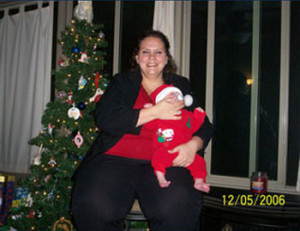 Have your fitness and health goals changed? For example, do you still monitor aim or maintain scale weight, or has your focus shifted more to performance or other goals?
Have your fitness and health goals changed? For example, do you still monitor aim or maintain scale weight, or has your focus shifted more to performance or other goals?
I actually do both. I am working on gaining strength. I’ve increased my squats, dead-lifts, bench presses. I’ve been focusing on all that, but I also keep an eye on the scale for myself. Having battled my weight my entire life, I’m not completely comfortable not checking on it. I created what I felt was a realistic weight range for me, 150 – 160 pounds. However, I’m more focused on gaining strength and building muscle and less on just losing weight. As long as I honor my commitment to myself by not gaining back the weight I lost initially, I’m fine.
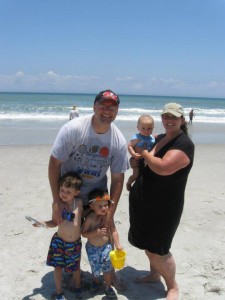 What has been the biggest revelation you’ve had since increasing your calories and lifting heavy weights?
What has been the biggest revelation you’ve had since increasing your calories and lifting heavy weights?
That it all balances out. Your weight training really impacts your metabolism. I never understood this. It shocks me how much I can eat and still be able to maintain my scale weight, and it’s because I lift weights. I feel completely different on the days I lift versus the days I don’t. My hunger levels are different. The foods I can eat are different. I’ve learned I can eat a heck of a lot more and still lose weight. That’s because I have a healthy metabolism now. And I attribute this change to taking the time to learn how to better feed my body in relation to my activity level from wonderful sites like Eat More to Weigh Less and others.
What method device do you use to determine your caloric intake? If you do use a Body Media or Fitbit, do you find it to be fairly accurate in terms of how much you are able to eat?
Yes, I use a Fitbit right now; although, I’ve used a Body Media Band in the past. Both devices typically show my caloric intake around the same place, which is anywhere from 2,200 calories all the way up to 2,700 calories per day. Most of these devices do not take into consideration things like weight training. However, they do capture my overall activity level and I have found them to be fairly accurate. If I were to take a cut in my calories using my Fit Bit as a guide, I’d find I don’t have to go to an extremely low calorie range to start losing weight.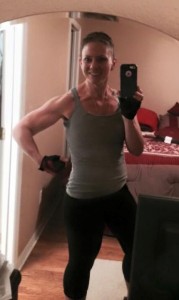
If I gain enough weight to put me out of my personal weight range and I need to cut back, I typically focus on removing 500 calories from my daily intake. If I find that my average calorie burn is 2,400 during an average 7-day cycle, I know that if I eat around 1,900 calories, I will be able to lose weight. When I do this I’ll typically lose about a pound per week. However, many people think 1,900 calories is what they need to maintain their weight. Understanding what I actually need to maintain my weight versus lose weight was extremely eye-opening for me.
Now that you’re in maintenance, how do you stay motivated each and every day?
I stay motivated because I typically share a lot of what I learn with other people. I’m here to help inspire, motivate women to not only lose this weight, but to find a way that they can keep it off forever. I also find that it’s really not as difficult as I thought it was. When I was white-knuckling it at the beginning, it was extremely difficult because I was hungry all the time. Now that I know how much I can eat and I found an activity I really enjoy, it’s really not as painful as I once thought it would have been. Overall, I guess I have found something that I can do for the rest of my life. I found that I can eat this way for the rest of my life, enough it makes maintenance really not as difficult as I once thought it would be.
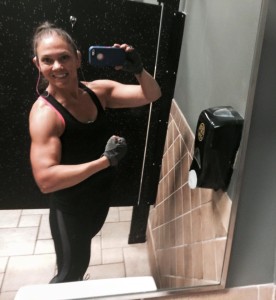 Any parting words of encouragement for those who are new to eating more, struggling with the decisions to fuel properly?
Any parting words of encouragement for those who are new to eating more, struggling with the decisions to fuel properly?
If you’re maintaining your weight on a very low amount of calories, I highly recommend you take the gamble and do a reverse diet or metabolism reset. I always ask myself the question, “Can you continue to do what you’re doing for the rest of your life?” If I had to eat at 1,900 calories for the rest of my life, always feeling hungry, I don’t think I would have been able to maintain my weight loss.
So, if you were dieting down and eating 1,500 calories a day, and now you have to eat that amount of calories just to maintain your weight because your body has gotten used to it, I ask you, what other choice do you have? Well, you have two choices, actually. One, live with eating 1,500 calories for the rest of your life and be perpetually hungry. Or do a slow metabolism reset, where you increase your calories over time, and begin to let your metabolism repair itself from all the prolonged dieting you’ve done. Yes, you may gain a few pounds. My weight went up about 8 pounds total. 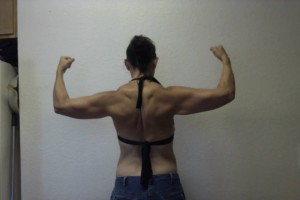 However, I can honestly say it’s the best 8 pounds I’ve ever gained! It was a great experiment for me to learn what my body needed and how I could feed it more fuel so I could enjoy my life more. There’s no point in dieting down just to be miserable for the rest of your life. Find a way that you can eat and move that you love and that is sustainable for you for the rest of your life.
However, I can honestly say it’s the best 8 pounds I’ve ever gained! It was a great experiment for me to learn what my body needed and how I could feed it more fuel so I could enjoy my life more. There’s no point in dieting down just to be miserable for the rest of your life. Find a way that you can eat and move that you love and that is sustainable for you for the rest of your life.
You can find out more about me and all the different things I have going on at HalfSizeMe.com. And be sure to check out my podcast, The Half Size Me Show, which is available in iTunes and Stitcher radio. I also have a Facebook page where I post videos and other content to help people. I’d love to connect with you on any social media platform.
Website: http://www.halfsizeme.com/
Podcast: http://www.halfsizeme.com/category/podcast/
Facebook: https://www.facebook.com/HalfSizeMe
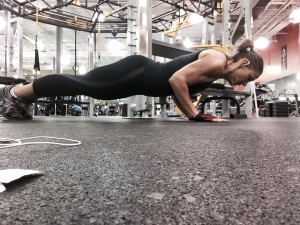 After spending most of her life since childhood overweight or morbidly obese, Heather Robertson finally resolved to lose the weight. It took five years, during which time she had three c-section pregnancies and a double-hernia operation, but she managed to lose 170 pounds. Over the past three years since reaching her goal weight, she’s learned the importance of developing a maintenance mindset.
After spending most of her life since childhood overweight or morbidly obese, Heather Robertson finally resolved to lose the weight. It took five years, during which time she had three c-section pregnancies and a double-hernia operation, but she managed to lose 170 pounds. Over the past three years since reaching her goal weight, she’s learned the importance of developing a maintenance mindset.
She founded the Half Size Me Community with her husband, who also produces her popular podcast, The Half Size Me Show, which was recently listed on The Huffington Post as being one of the 19 Best Health/Fitness Podcasts.
Heather’s driven to teach others how to live healthier, happier lives. She does this by hosting her podcast, working with the Half Size Me Community, and as a Life Coach who specializes in weight loss, habit change, and self-acceptance.
Discover more from Eat More 2 Weigh Less
Subscribe to get the latest posts sent to your email.

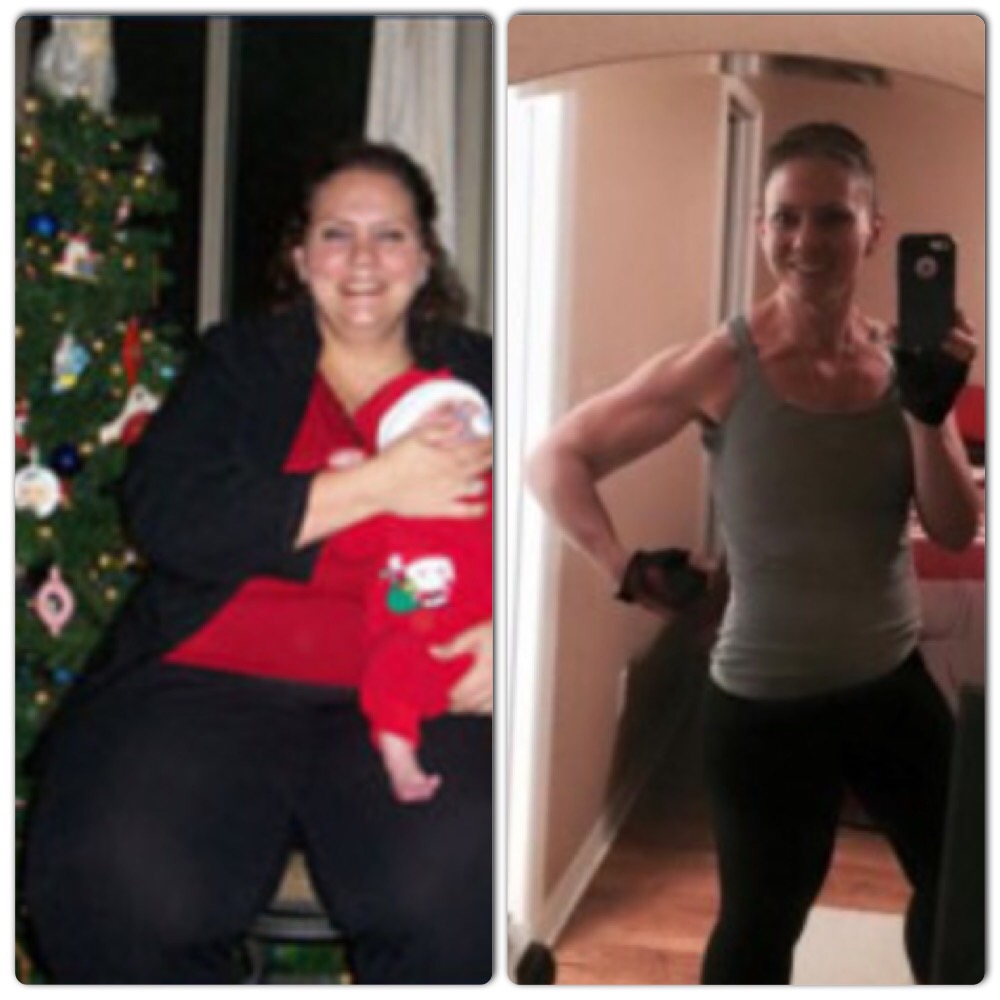
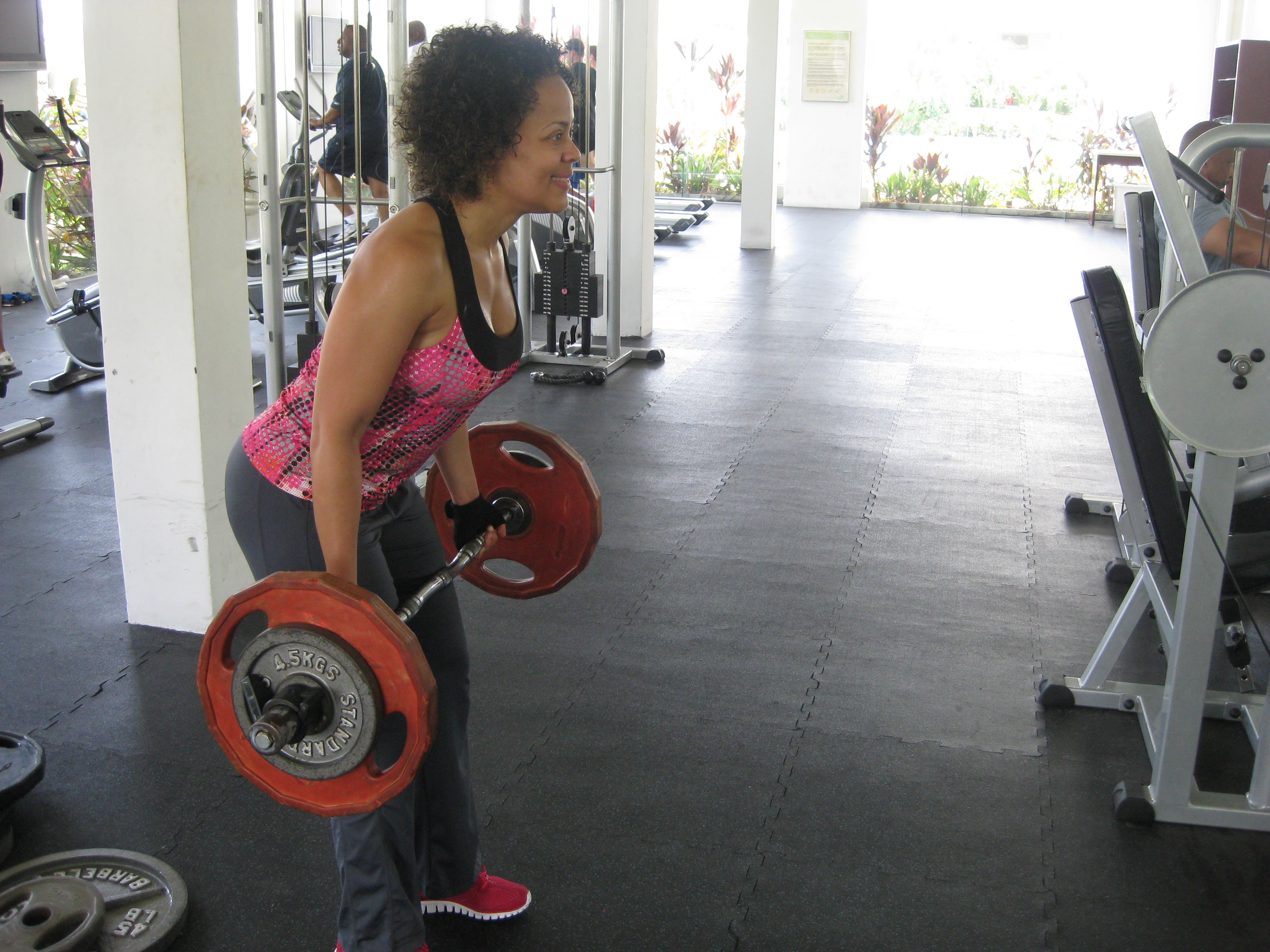
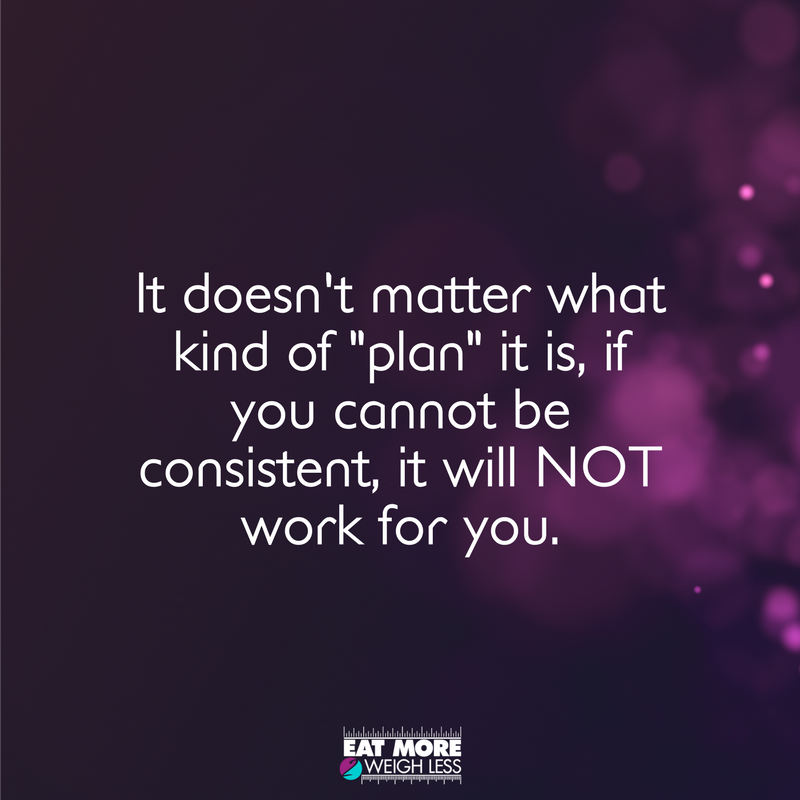
Recent Comments